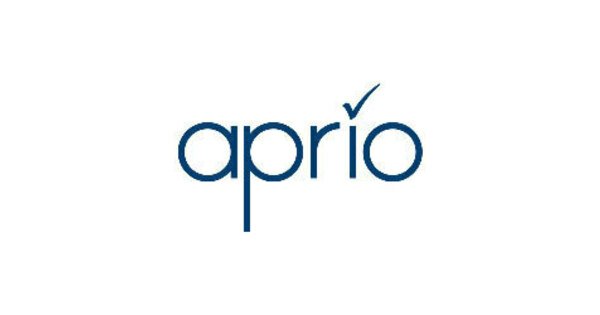Aprio is a solution for safe and efficient board meetings. It incorporates secure storage for business documents, notification tools, and access settings.
The Framework of Aprio Board Software
Aprio board software is not binding and is not intended to provide detailed recipes for national legislation. Rather, their task is to set goals and suggest different ways to achieve them. The principles are intended to provide a strong but flexible reference for policymakers and market participants to develop their own corporate governance structures. To remain competitive in a changing world, corporations must develop and validate corporate governance practices that respond to new needs and take advantage of new emerging opportunities.
Aprio board software requires a solid legal, regulatory and institutional framework on which market participants can rely in the process of establishing their private contractual relationships. This corporate governance structure typically consists of legal and regulatory elements, self-regulatory agreements, voluntary commitments, and business practices that reflect country-specific conditions, history, and traditions. In particular, it is important to bear in mind the complementarities and interactions between the various elements of the corporate governance structure, as well as:
- Risk management programs and internal control systems of the company.
- Financial plans, goals, and activities, incl. distribution of profits to shareholders, significant capital placements, costs, and other significant financial liabilities.
- Significant transactions that go beyond normal commercial transactions and provide advice to shareholders where necessary their approval of such transactions.
Ensuring sustainable economic development of the enterprise is one of the main tasks of Aprio board software. The implementation of the principle of financial stabilization in the long term involves the development, selection, and assessment of a financial strategy based on ensuring the financial stability and financial balance of the enterprise. In recent years, a traditional method has been developed in assessing financial stability, which is based on the calculations of indicators calculated from the balance sheet data. However, the use of this technique, which is quite simple to use, is possible only for preliminary acquaintance with the financial condition of the enterprise.
Aprio Board Management Software Alternatives
The legal and regulatory elements of the Aprio board software can be practically supplemented, for example, corporate governance codes that provide flexibility and reflect the specifics of individual companies. What works well in one company for one investor or individual stakeholder may not necessarily apply in general to corporations, investors, and stakeholders that do business in a different context and under different circumstances. As new experience accumulates and business circumstances change, various provisions of the corporate governance structure should be reviewed and, if necessary, adjusted.
With the Aprio board software you will be able to:
- Prioritize projects and stories based on their business value according to the general strategy of the company.
- Decentralize decision-making to reduce delays and ensure that valuable products are delivered quickly.
- Increase transparency by regularly monitoring timelines to assess project risks.
- Minimize risks through frequent demo meetings and encouraging stakeholder feedback.
If your company is moving to Aprio board software, then those charged with governance need to understand how it can maximize the value of your organization by developing the necessary resources, unlocking potential, and gaining confidence in the ability to bring to market. the best product while minimizing risks by implementing controls early and regularly. The process of managing the activities of an enterprise begins with the determination of the ultimate goal, which is set for the near and distant future, and the perception of the purpose of the enterprise in a competitive market.

